Centering Local Knowledge on HDP Coherence
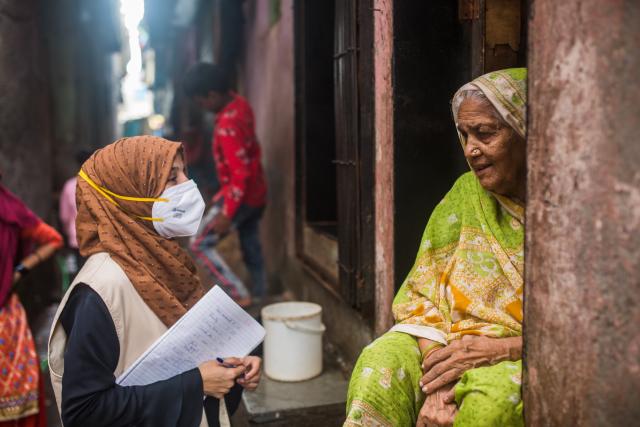
Many international non-governmental organizations (INGOs), donors, and local partners recognize that there are core principles for designing locally led HDP coherent programming. Although many INGOs have a philosophical alignment to addressing power imbalances in programming, community-based organizations continue to face entry point barriers in the current programming structure.
One versatile tool that is supporting the reimagination of development by centering local voices is the Participatory Community-Led Development (CLD) Assessment tool created by the consortium members of the Movement for Community-Led Development. The toolkit was partially funded through the IDEAL Small Grant Program Improvement Awards Impact of Community-led Development (InCLuDe) on Food Security. This session focused on the first two principles of the CLD Assessment Tool: Participation, Inclusion, and Voice; and Local Resources and Knowledge. Participants learned from contextualized approaches of different organizations who have used the CLD Assessment Tool.
This session was hosted by Gunjan Veda, Director, Collaborative Research, Policy & Practice for The Hunger Project Canada and The Movement for Community-Led Development. Speakers included Michel Lunda, Béranger Tossou, and Zipporah Wambua (see biographies below).
This event was part of the thematic area: Advancing Locally Led HDP Coherence.
View Presentation Watch Recording
Event Resources:
- Participatory Community-Led Development (CLD) Assessment tool
- Community-led Development (CLD) harnesses the CLA approach
- Speaker Bios
-
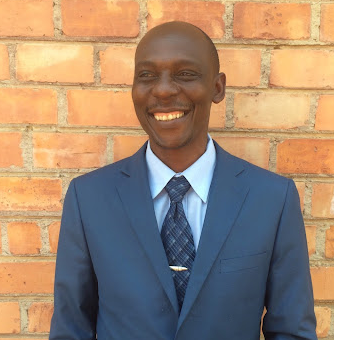 Michel Lunda is Country Program Coordinator for Outreach Congo, a partner of Outreach International. He has 18 years of experience facilitating a community-led development methodology called “Participatory Human Development.” In his work, Michel has facilitated the development of community-based organizations and their work of identifying and resolving of poverty-related issues related to education, agriculture, health & sanitation, nutrition & food security, water access & quality, employment & livelihood, housing & infrastructure, economic & social services, and environment.
Michel Lunda is Country Program Coordinator for Outreach Congo, a partner of Outreach International. He has 18 years of experience facilitating a community-led development methodology called “Participatory Human Development.” In his work, Michel has facilitated the development of community-based organizations and their work of identifying and resolving of poverty-related issues related to education, agriculture, health & sanitation, nutrition & food security, water access & quality, employment & livelihood, housing & infrastructure, economic & social services, and environment.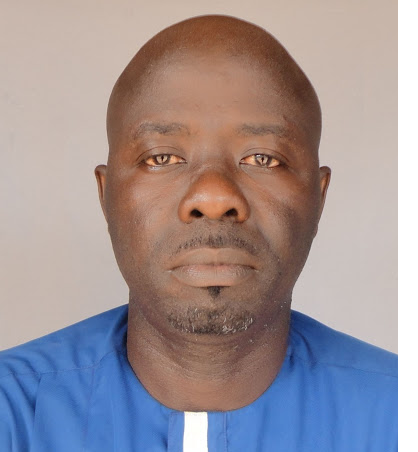 Béranger Tossou has over twenty years of experience and is the Founder and President & CEO of Youth Service Africa (YSA), a Non-Governmental Organization focused on Health, Education, Food Security, Volunteerism, and more, that directly involves, empowers, and benefits rural communities in Benin. He is currently the President of the Platform of Youth Organizations for Sustainable Development of Communities (POJ-DDC) and a committed member of the Movement for Community-led Development’s Benin chapter.
Béranger Tossou has over twenty years of experience and is the Founder and President & CEO of Youth Service Africa (YSA), a Non-Governmental Organization focused on Health, Education, Food Security, Volunteerism, and more, that directly involves, empowers, and benefits rural communities in Benin. He is currently the President of the Platform of Youth Organizations for Sustainable Development of Communities (POJ-DDC) and a committed member of the Movement for Community-led Development’s Benin chapter.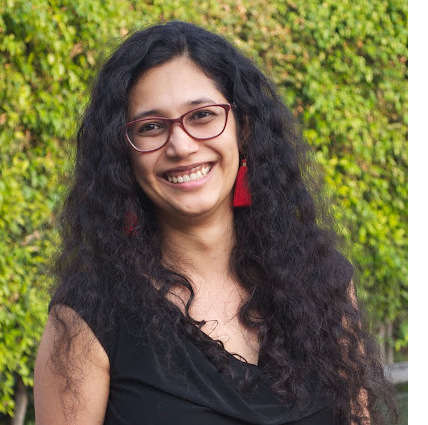 Gunjan Veda is Director, Collaborative Research, Policy and Practice at the Movement for Community-Led Development. In this role, she leads a collaborative research project on the practice and impact of Community Led Development across the work of 70+ INGOs and 1500+ local CSOs. Gunjan designs and facilitates training and strategy workshops for development partners, INGOs, governments, and CBOs to transform the way they think about and do development and M&E. She is an active participant in the decolonizing aid and #ShiftThePower conversations. She has previously worked within the non-profit and government sectors in India and was a policymaker in the Indian Government’s Planning Commission.
Gunjan Veda is Director, Collaborative Research, Policy and Practice at the Movement for Community-Led Development. In this role, she leads a collaborative research project on the practice and impact of Community Led Development across the work of 70+ INGOs and 1500+ local CSOs. Gunjan designs and facilitates training and strategy workshops for development partners, INGOs, governments, and CBOs to transform the way they think about and do development and M&E. She is an active participant in the decolonizing aid and #ShiftThePower conversations. She has previously worked within the non-profit and government sectors in India and was a policymaker in the Indian Government’s Planning Commission.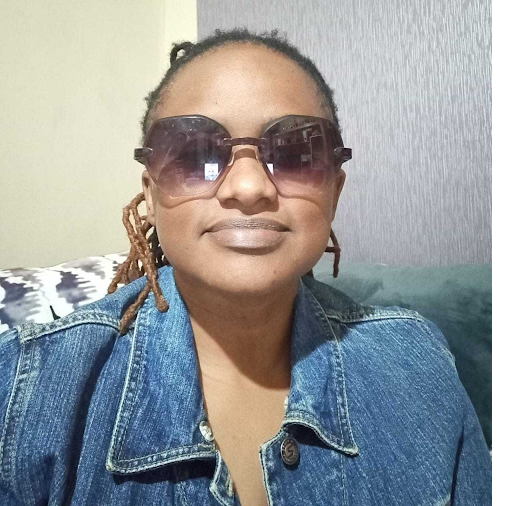 Zipporah Wambua (PhD) is Director of Citizen Engagement and Participation in Makueni County, Kenya and a specialist in participatory development with a passion for the localization of SDGs and local development organizing. The devolution law of Kenya enables subnational governments to empower and facilitate communities and community-based organizations to take control over development. Within the county government, she facilitates participatory budgeting to ensure at least 20 percent of county resources goes to livelihood guarantee projects with a focus for community-led development initiatives.
Zipporah Wambua (PhD) is Director of Citizen Engagement and Participation in Makueni County, Kenya and a specialist in participatory development with a passion for the localization of SDGs and local development organizing. The devolution law of Kenya enables subnational governments to empower and facilitate communities and community-based organizations to take control over development. Within the county government, she facilitates participatory budgeting to ensure at least 20 percent of county resources goes to livelihood guarantee projects with a focus for community-led development initiatives.
